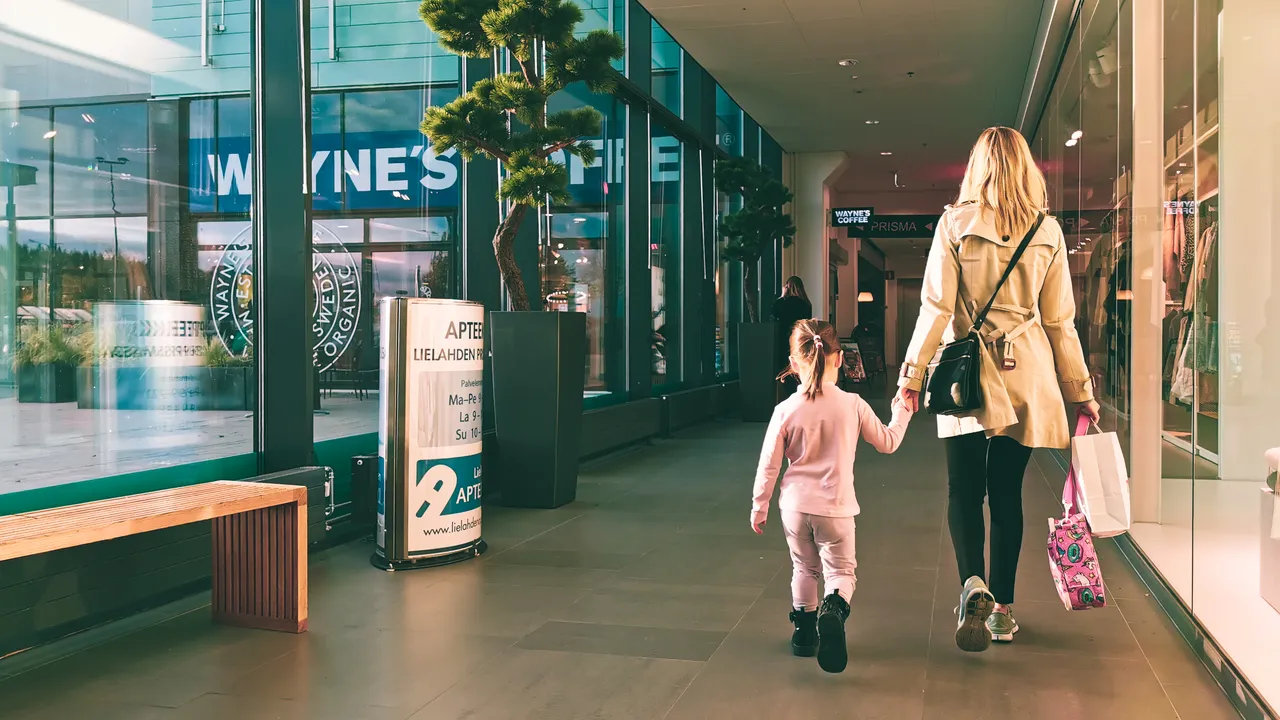My wife found our yesterday that one of the hardware stores was having a sale, where if spending over 500€, it was possible to get a 100€ gift voucher. With the amount we have left to buy, this was a no-brainer deal, especially since the offer was coming from a company that is part of the conglomerate my wife works for and gets a discount at anyway.
I was skeptical that it would double up and I was right, but because the person didn't want to return the products and give the voucher instead (as it was worth more than the discount alone) she gave the voucher on top. We have spent a lot of money with them, so they are very much not missing out and when we do go back to use the voucher, we will likely spend far more than its worth anyway.

Before buying, we did ask from the sales person if it was okay to combine the offers and he was fine with it, but it seems that it was up to the register to decide. But what is interesting, is that once we thought we were going to get the discount, we thought it was ours and once this happens, it means that not getting it registers as a loss. For a company and over small amounts like this, it is far better to honor the "promise" than to send the customer away unfulfilled, as that loss reminder can make people not return in the future.
Yesterday, I had the car serviced at a local dealer, using them for the first time. When I picked up the car, the cap that hides the headlight washer in the bumper wss missing and when I mentioned it, they said that it was missing when they got the car. I knew this was not the case as I inspect the car before I hand it over, due to a similar experience in the past. They didn't make a huge fuss over it and have ordered another one, but I got the feeling that they think I am trying to pull a swift one over on them, even though I had already happily ordered a spare part from them that they fitted during the service. This annoys me and with so much competition, I will likely try someone else next time, as there is no reason to be loyal.

Brand loyalty used to be more of a thing and I think that a lot if it came down to the service brands and businesses offered, not the product themselves. However, loyalty is far lower these days, as people spend so much of their time online shopping and doing the research there, even if the will buy the product in a brick and mortar establishment. The average consumer now sells themselves the product, which is a large reason why data mining and market segment targeting is so effective as digital campaigns. There is less "noise" in the process as the companies can target without having to worry about the skill of a random salesperson, as they can directly target the buying process of the consumer. This targeting obviously becomes more precise the more purchases a single consumer makes, as well as the more purchases consumers like them make too.
While this takes out the randomization and a lot of the potential mixups of humans, it also takes out the personal touch that makes a consumer loyal to a brand. Pretty much everyone likes to feel special as a consumer, like they are getting a deal or treatment specially reserved for them.
In the past, good salespeople were a massive asset, not just because they sold, but because they encouraged buyers to come back again and again. Online, there is ko reason to be loyal to a seller brand, it all comes down to cheapest source - which creates its own problems as companies can only compete on price and supply chains are crushed as a result.
I see this personalised experience as a key aspect of Hive, which is why UX is so vital. Not only are users owners, but there is a differentiation from pretty much every other crypto project out there because the users are also humans that can be catered for as people who have a preference. It affects people at a different level than something like Bitcoin, which is purely profit-seeking.
In the future, there will be more projects out there like Leo Finance that are catering not only for a niche topic segment, but also looking for ways to reward their entire community, independently from Hive. This means that what they are actually doing is building a brand and looking to encourage loyalty through what they offer and how their customers feel.
This is how the second layer applications become the new business models of Web 3.0, as they are able to be specific and targeted and have the incentives to offer that not only "make the sale" but keep customers coming back. Ownership plays a huge role in this, as it makes the experience personal.
Taraz
[ Gen1: Hive ]